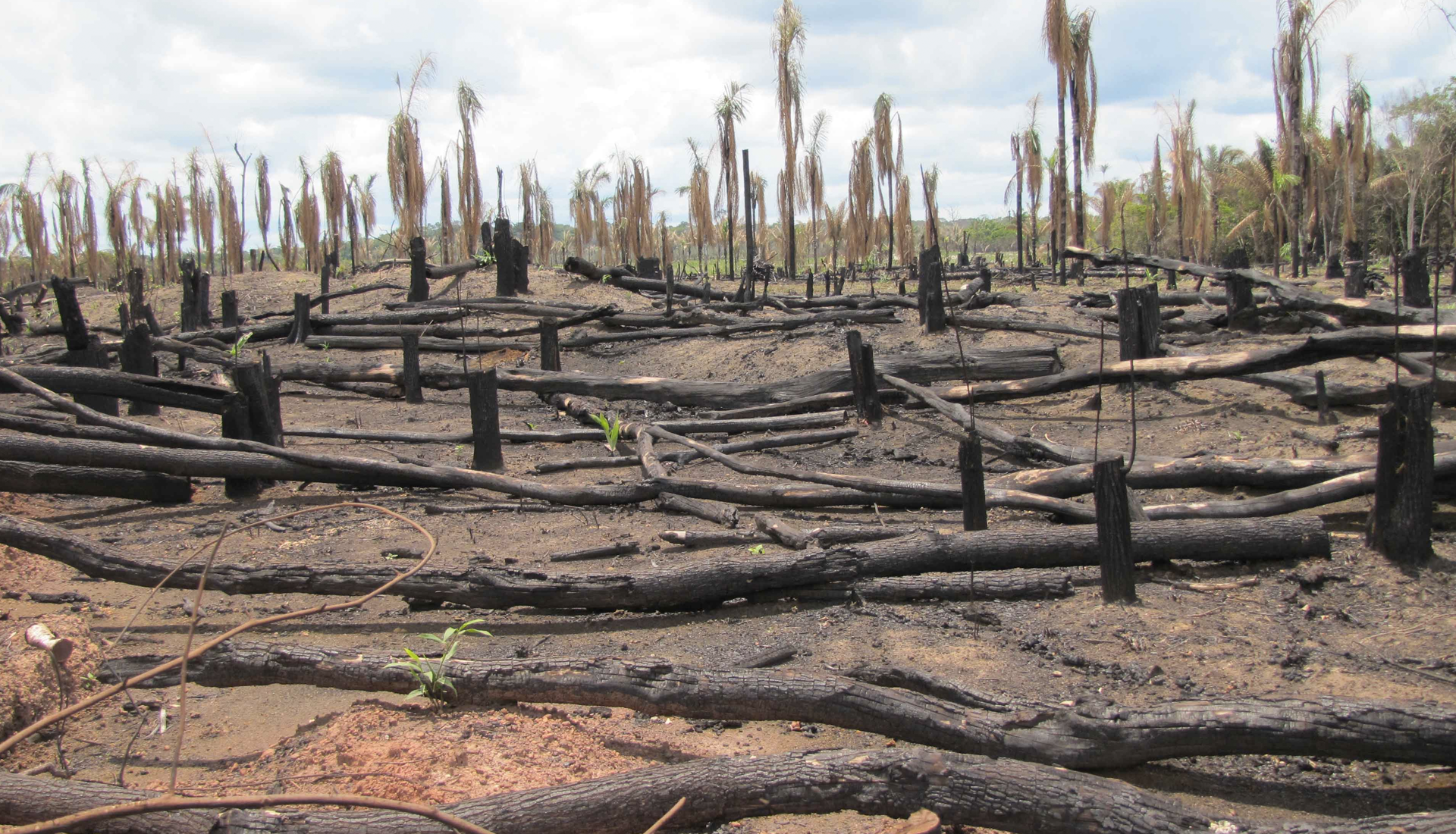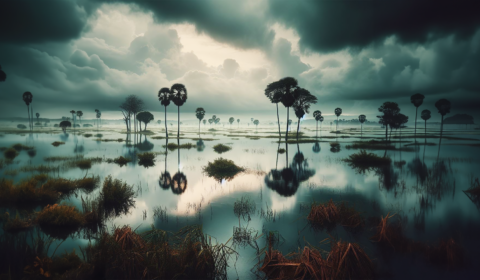A group of international lawyers are currently drafting legislation that would make ecological destruction a crime under the International Criminal Court.
The court that prosecutes humanity’s worst offences, such as crimes against humanity, war crimes, and genocide, may soon have the power to prosecute crimes against the natural world.
This week, a group of international lawyers are drafting a procedure for the International Criminal Court (ICC) to punitively address what had become known in legalese as ‘ecocide.’ This bill would make the knowing destruction of the world’s ecosystems by corporations, governments, or private groups, illegal in states that acknowledge the ICC.
The panel is co-chaired by Philippe Sands QC, a UK barrister, and Florence Mumba, a former ICC judge and a former supreme court judge in Zambia. Both are experts in human atrocity, with Sands being the Baillie Gifford Prize winning author of East West Street: On the Origins of Genocide and Crimes Against Humanity, and Mumba having been a key prosecutor for alleged war crimes during the Cambodian genocide.
Delighted with the calibre of expertise this project has attracted. It demonstrates a recognition in legal world that #Ecocide can & should be considered alongside Genocide & Crimes Against Humanity as one of ‘most serious crimes of concern to humanity'https://t.co/MfQfSZaMEb pic.twitter.com/CN3d0v43g9
— Stop Ecocide International (@EcocideLaw) November 18, 2020
The project, convened by the Stop Ecocide Foundation at the request of Swedish parliament, is already attracting support from several European nations. Moreover, it’s backed by several small island nations, including Vanuatu and nations in the Maldives and Pacific Islands, who stand to lose most in the short term by the constant threat of rising sea levels.
The 13-strong panel of experts, which includes lawyers and judges from each corner of the world, are convening this week during the anniversary of the Nuremberg trials: modern history’s most famous example of punitive justice on a global scale, where Nazi’s were sentenced for the atrocities of WWII. They hope to send legislature to the ICC, which is based in The Hague, by early next year.
Sands told the media, ‘The time is right to harness the power of international criminal law to protect our global environment … My hope is that this group will be able to … forge a definition [of ecocide] that is practical, effective and sustainable, and that might attract support to allow an amendment to the ICC statute to be made.’
Privileged to have the participation of Justice Florence Mumba as co-chair of the Independent Expert Panel, bringing decades of experience as an international judge. The panel is convened by the Stop Ecocide Foundation for the Legal Definition of #Ecocidehttps://t.co/bbl0ajSbkC pic.twitter.com/LIyzPm3nvw
— Stop Ecocide International (@EcocideLaw) November 25, 2020
This is an unprecedented and important move towards addressing climate change as a serious threat. An ICC policy paper published in 2016 said that the court was not formally extending its jurisdiction to climate injustice but would assess existing offences, such as crimes against humanity, in a broader context. This seeming reversal of that decision shows the long awaited but now ever-actualising realisation that ecocide is a crime against people as well as against their habitat.
Criminalising something at the ICC means that nations who have ratified the court – 118 states in total – will have to incorporate this into their own national legislation.
Importantly, signatories include Brazil, where some of the world’s most egregious environmental crimes are currently taking place, and representatives of the powerful, rich, and western, such as the UK and Australia. Notably, however, the list excludes China and the USA.
The announcement is being celebrated by many online, with UK ecologist and journalist George Monbiot acknowledging the conference as ‘an important step’, and degrowth economist Jason Hickel labelling it ‘good news.’

















